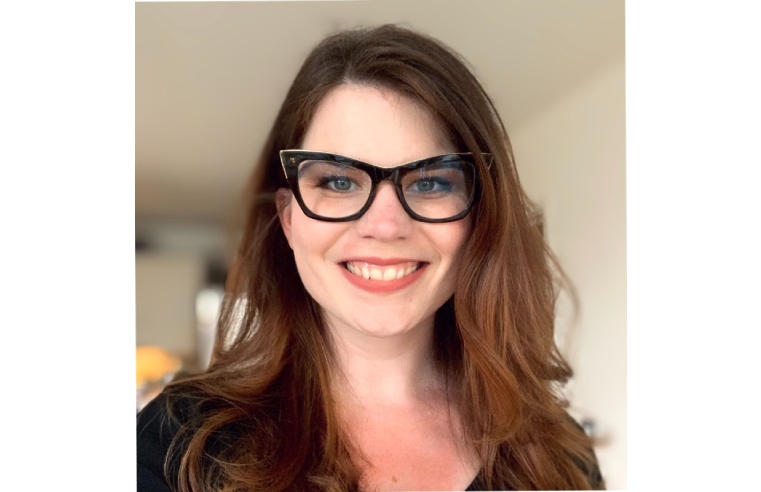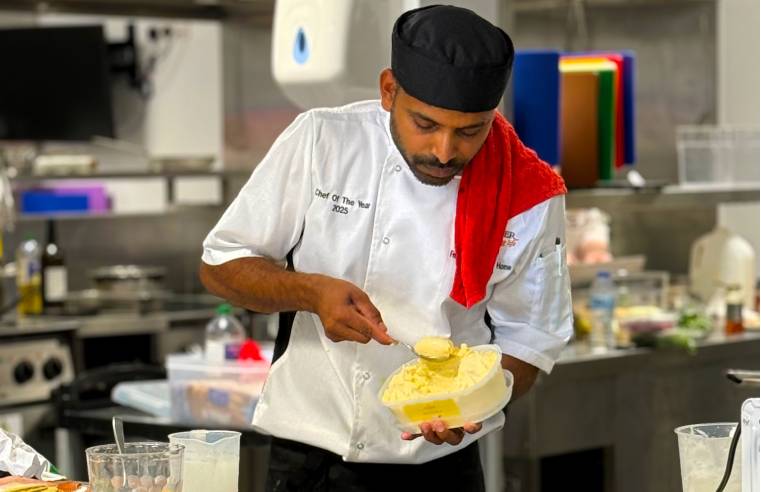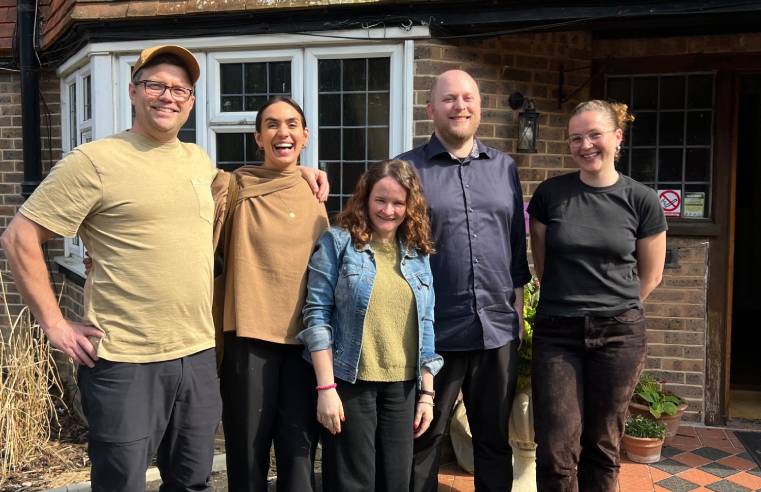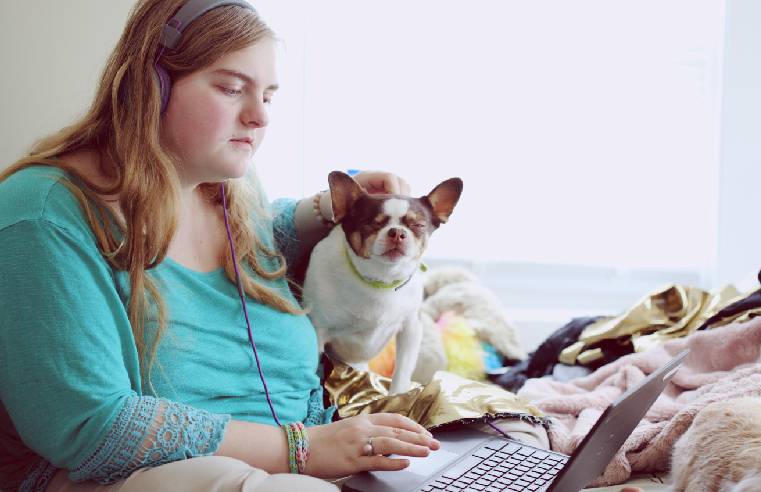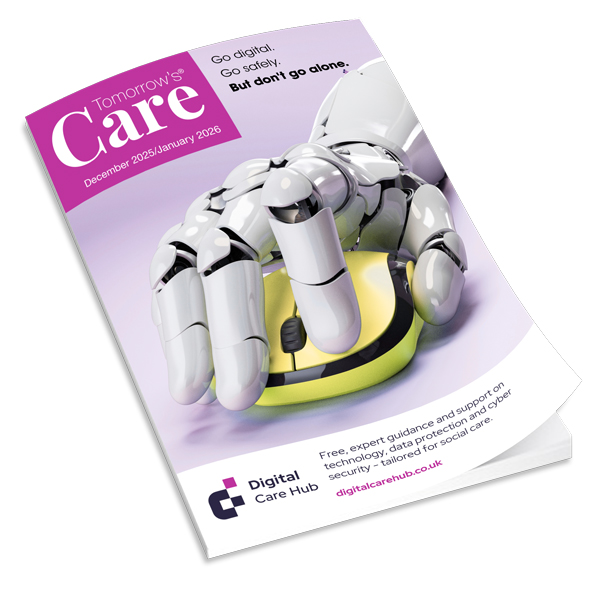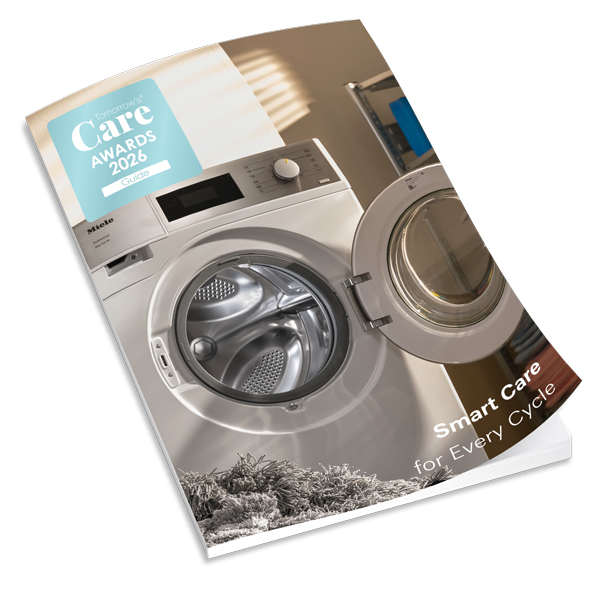Are legacy processes affecting the safeguarding of residents in care asks Ollie Brand, CEO at Zupa, the kitchen management technology firm for care homes.
Under the guidance of the Care Quality Commission (CQC), safeguarding residents means protecting the health, wellbeing and rights of every individual in care, as well as making sure they are safe from harm or abuse. Yet, as rising costs and staff shortages continue to present a major challenge for the care sector, the number of care providers that are falling into ‘Special Measures’ also continues to rise. Obsolete processes and legacy systems are just one of the areas impacting the safeguarding of residents in care, while lack of planning and preparation is still a major contributor.
From health and safety, nutrition and hydration to managing allergies and general care planning, there are several aspects of care that are reportedly being side-lined as a result of outdated practices. For example, despite it being a regulatory requirement for care providers to ensure that they meet the nutritional and hydration needs of the residents in their care, catering provision for residents brings with it a multitude of considerations from a health and safety perspective (allergens and dietary needs in particular can be complex to manage, and in some cases, there is no room for error). Whether that means accurate recording of food and fluid intake or monitoring the general quality and quantity of food provision at every meal time – these can be extremely time-intensive to manage.
Unfortunately, the care sector is an industry steeped in process, and much of the industry still places heavy reliance on manual updates and paper-based care planning and reporting. This can be very frustrating for overworked and overstretched care workers who already face the pressures of juggling long shifts with day-to-day tasks without the addition of lengthy and complicated processes. These time-consuming approaches usually lead to disjointed teams and ineffective care from the perspective of planning, catering management and nutrition.
With a growing list of considerations and staff shortages on the rise, care homes are having to do more with less, and as such, they need all the help they can get to reduce pressure on their teams. This is why many care homes are looking towards the right technology to help them better manage their kitchens and general processes more efficiently. For instance, if safeguarding and quality of care around nutrition is being affected by lack of resource, it would help if technology could free up more time for kitchen staff so that they can operate more efficiently, while allowing more hours in the day to plan healthy, creative recipes. Technology can also help staff to keep on top of allergens by ensuring compliance and reducing the admin burden around dietary requirements. Providing care home catering teams with the tools to cost their dishes accurately and compare live prices across a multitude of suppliers would also help them to operate within budget, thereby reducing the potential to overspend. The right technology can also become a useful add-on in supporting staff training around nutrition. Alerting staff and helping them to maintain up to date records relating to the personalisation and monitoring of food and hydration for residents would also help to improve quality of care.
Thankfully, innovations in technology are really changing the way care homes operate today, but with rising costs and staff shortages showing no signs of improvement, it’s becoming more vital that adequate funding is made to increase digitisation across the care sector, both to control costs and reduce the admin burden placed upon staff. Digitising catering management for instance should not be overlooked, as it would give staff more time back in their day to focus on the most important task, safeguarding of those in their care.






